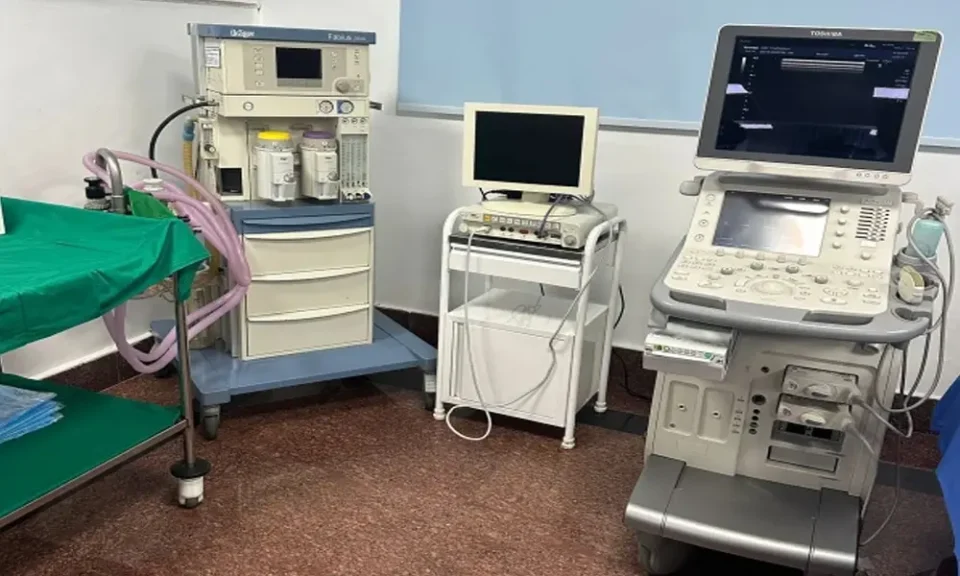Punjab Launches Advanced Coablation Cancer Treatment at Mayo Hospital
Lahore: Chief Minister Maryam Nawaz has inaugurated Pakistan’s first coablation cancer treatment facility at Mayo Hospital, making Punjab the pioneer in introducing this advanced technology in the public health sector.
This state-of-the-art treatment, brought from China after an MoU signed during CM Maryam Nawaz’s 2024 visit to Xi Ji Tan & Hygea Medical Technologies, offers a non-surgical, non-chemo, and non-radiotherapy option for cancer patients.
What is Coablation Therapy?
According to Senior Radiologist Dr. Shehzad Kareem Bhatti, the coablation machine uses liquid nitrogen to freeze cancer cells at -198°C, followed by heating tissues up to 83°C to destroy the targeted cells.
-
The procedure takes 60 to 120 minutes.
-
Patients are usually able to walk within hours after treatment.
-
The cost is estimated at Rs 1.6 million per patient.
Currently, the machine is being used for early-stage treatment of liver, lung, and breast cancers. So far, five patients have successfully undergone the procedure at Mayo Hospital.
CM’s Commitment to Healthcare
During her visit, CM Maryam Nawaz inspected the machine, interacted with doctors and patients, and appreciated the medical team’s efforts. Patients including Rana Muhammad Asghar (liver cancer) and Muhammad Akram (lung tumour) shared their successful treatment experiences.
To expand access, the Chief Minister directed authorities to procure five more coablation machines and assign a dedicated pool of trained specialists for smooth operations.
Training & Research Partnership
King Edward Medical University (KEMU) Vice Chancellor Prof. Mahmood Ayaz confirmed that Dr. Bhatti, along with engineers and technicians, received specialized training in China. The machine was installed on August 26, 2025, at Mayo Hospital’s Surgical Tower after transparent procurement by the Specialized Healthcare Department.
A Chinese delegation also visited KEMU for training and research collaboration, strengthening Pakistan’s partnership in modern cancer care.

